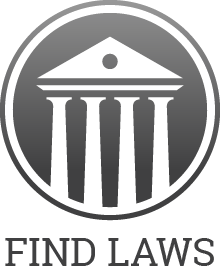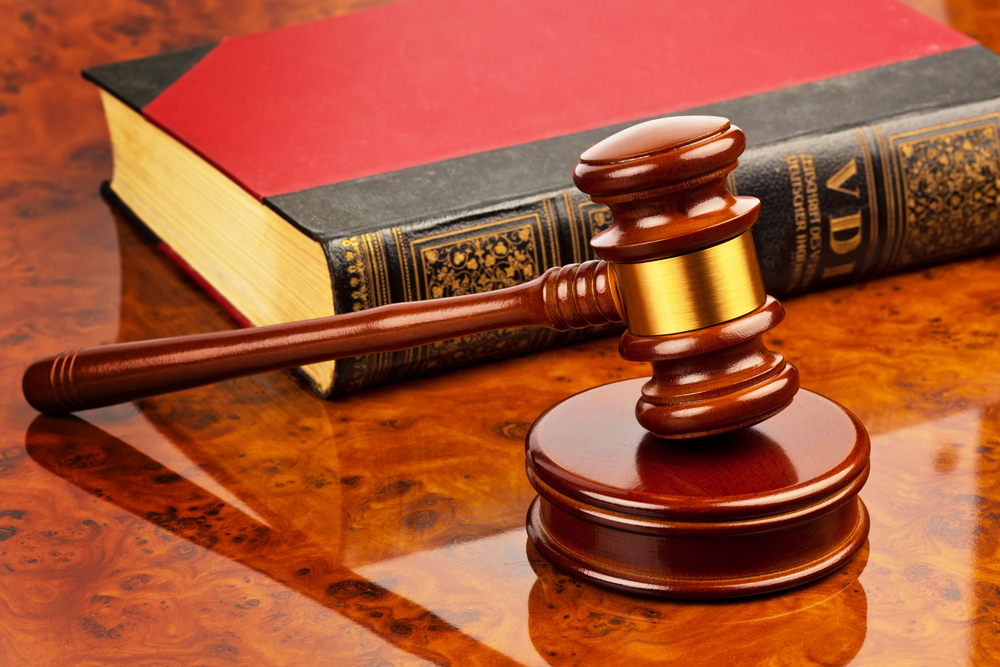Chapter 7 Bankruptcy Lawyer
If you’re struggling with debts that you can’t pay reliably, it may be time to start thinking about filing for bankruptcy. Since the Great Recession of 2008, gone are the days when it was presupposed that if someone filed for bankruptcy that they were irresponsible, lazy, and lacked a sense of personal responsibility. One of the only silver linings of that economic challenge for the nation is that virtually everyone came to understand that sometimes, even the most fiscally responsible and hard-working people can find themselves in financial trouble through no fault of their own.
Perhaps an unexpected illness or injury led to a reduction in your family’s income. Perhaps a natural disaster, unforeseen job loss, or a heartbreaking divorce sent your budget into a tailspin. Whatever the reason, if you’re struggling with debt and that struggle is straining your ability to build a solid financial future, know that there are solutions to consider. As an experienced Chapter 7 bankruptcy lawyer – including those who practice at Therman Law Offices, LTD. – can confirm, sometimes filing for bankruptcy is simply the best way to get back on track.
Chapter 7 Bankruptcy
If you don’t earn much income, you may qualify for debt relief under Chapter 7 of the Bankruptcy Code. Chapter 7 relief isn’t available to everyone but if you don’t earn much, this opportunity may be a great solution for your current challenges.
If you file a Chapter 7 bankruptcy case successfully, all of your qualifying debts will be discharged when your case is closed. When a discharge is ordered, you’ll no longer be legally or financially responsible for your affected debts and no creditors can bother you about them again. Not all debts qualify for discharge. Most credit card debts, medical debts, and debts that aren’t secured by collateral or ordered by a court (like overdue child support) are eligible for discharge.
If you own a lot of luxury property, it could be sold by the trustee assigned to your case. The proceeds will repay your creditors. If you don’t own much “non-basic” property, this risk will likely not apply to you.
Chapter 13 Bankruptcy
Chapter 13 bankruptcy relief is available to virtually everyone. If you file for Chapter 13 bankruptcy, you’ll construct a truly manageable repayment plan that you’ll be bound to honor for 3-5 years. At the end of that time, your remaining eligible debt balances will be discharged.
The Automatic Stay
It’s important to understand that both Chapter 7 and Chapter 13 bankruptcy filers benefit from a legal protection known as the “automatic stay.” This means that virtually all collection actions – including demands for repayment, most foreclosure actions, wage garnishments, etc. – must halt until a filer’s case is resolved, dismissed, or otherwise closed. So even if you’re not sure about which bankruptcy chapter you may want to file, speaking with an attorney about filing quickly is a good idea. The sooner you file, the sooner you’ll stop being harassed by creditors and the sooner you’ll be on your way to building a more manageable financial future.

